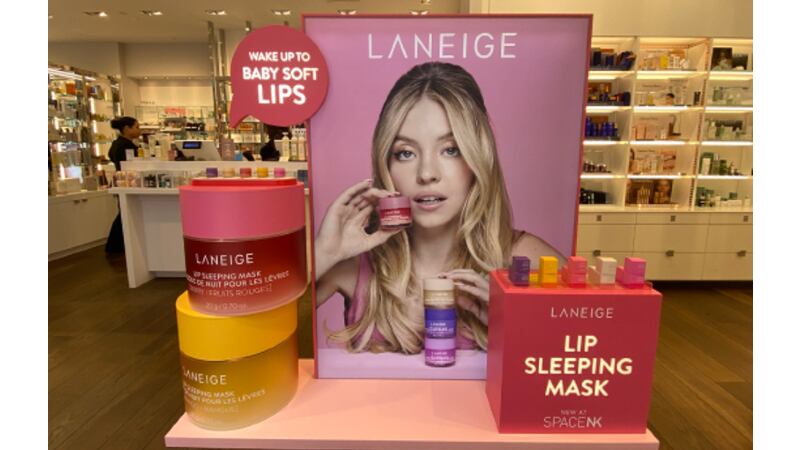Today, China is one of the company’s biggest markets, accounting for 14% of the group’s overall sales, just behind the US at 27%.
“China remains the single biggest growth opportunity for premium beauty brands in the world, and I think for our company, it's no different,” said André Hoffmann, vice chairman and CEO of L’Occitane Group.
The firm, which owns brands such as L’Occitane en Provence, Melvita, ELEMIS, and Sol de Janeiro, has observed improvements in the Chinese market, where tough conditions related to COVID-19 impacted its performance for most of the year.
Flagship brand L’Occitane en Provence, for instance, saw a sales decline of 0.5% in the year ending March 2023.
Hoffman expressed his confidence in the rebounding Chinese market for upcoming year. “We already see the first positive signs in China in the new fiscal year and plan to significantly increase our marketing investments there.”
The company highlighted that marketing would be a key expense in the upcoming year.
“We are allocating an additional €100 million in key markets and channels to capture the growth opportunities that we have outlined and to protect our market share amid the hyper-competitive environment and the expected arrival of many new entrants,” said Hoffman.
According to the firm, a lion’s share of the marketing investments (80%) would be injected into L’Occitane en Provence. The major focus would be on China, where the brand has been “underinvesting”, said Hoffman.
The company will focus its marketing activities on livestreaming.
“Today in China, you need to be livestreaming. You need to be selling on Douyin. These are expensive channels to operate. I think Douyin has something like 650 million daily users, so you absolutely have to be present and be in connection with your customer base,” said Hoffman.
The company recently ran a success campaign for its Almond Shower Oil. “In China, it's one of the big, big success stories for our company, and we've put a lot of effort and marketing investment behind the Almond Shower Oil,” said Hoffman.
Additionally, the company launched a new anti-hair-loss serum to great success, highlighting new opportunities in the hair care space.
“We believe our efforts in offering real benefits using natural and sustainably sourced ingredients will help us capture the new premiumisation trends in product categories we believe we have a right to win – namely face care, body care and hair care,” said Hoffman.
Furthermore, L’Occitane en Provence is set to launch around 17 new stores over the year. The company is also considering unveiling a set of stores or “long-term pop-up stores” in China for Grown Alchemist, which the firm acquired in March 2022.
The Elemis opportunity
On the other hand, skin care brand Elemis, another important brand for the Chinese market, will receive 15% of the marketing investment budget. “We have decided to invest, I believe, an additional EUR12 million compared to last year to support two very important marketing campaigns in China for the Elemis brand,” said Hoffman.
He expressed his optimism for the opportunities for Elemis in China.
“China remains the biggest market for premium anti-ageing skin care in the world, so it's the right fit for ELEMIS. It's a new brand to the market. It takes time to develop, but we don't want to put too much pressure on the ELEMIS teams. We know we have to invest more. We probably underinvested to begin with, so now we're trying to catch up,” he said.
ELEMIS ended the fiscal year with 9% growth, with APAC growing 29%.
High costs the new norm
Commenting on the rising costs of marketing, Hoffman said he does not expect marketing costs to return to the levels they were in the past.
“I don't see it reverting back. I think the new level will be the new norm. It's just simple fact of reality that the market is as competitive as ever, and if you don't invest, you'll fall behind. I think that was really the key catalyst in our decision to commit this additional EUR100 million, and it wasn't a one shot for fiscal year '24,” he remarked.
Against the complex and competitive landscape, he emphasised the need for more targeted and efficient strategies.
“We believe we need to sustain that for the coming years. We hope, and it is really our intention, that we can help fund this by reducing distribution expenses, and the growth in sales will help compensate — we'll get additional growth from this marketing investment.”



